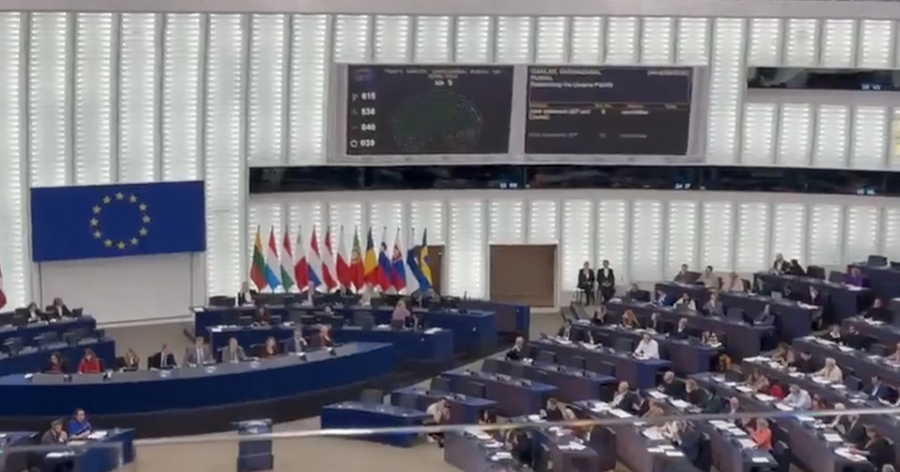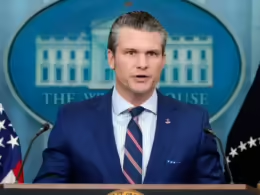The European Parliament has overwhelmingly approved a €50 billion ($54 billion) aid package for Ukraine, known as the Ukraine Facility, as part of the EU budget. The funding, set for the period from 2024 to 2027, includes €33 billion ($35.8 billion) in loans and €17 billion ($18.5 billion) in grants.
European leaders reached an agreement on a four-year financing plan for Kyiv during a European Council summit on 1 February, convened by the Belgian presidency, after long-lasting obstruction by Hungary and Hungarian PM Viktor Orban's veto in December 2023. Following this agreement, members of the European Parliament (MEPs) negotiated the establishment of a "Ukraine Facility Dialogue," as stated by the European Parliament.
Aimed at supporting life, restoring the Ukrainian state, and facilitating reforms towards EU membership, the package was passed during a plenary meeting in Strasbourg on 27 February, with a vote tally of 536 in favor and 40 against, with 39 abstentions.
The resolution was co-sponsored by Michael Gahler from Germany, representing the European People's Party in the Committee on Foreign Affairs, and Eider Gardiazabal Rubial from Spain, representing the Progressive Alliance of Socialists and Democrats in the Budget Committee.
#EPlenary approves the budget revision to provide Ukraine with €50 billion in aid.
"The Parliament opens the possibility of transferring this money to Ukraine," says @JanOlbrycht.
Watch⤵️ #StandWithUkraine pic.twitter.com/1B9iVXEjAJ
— EPP Group (@EPPGroup) February 27, 2024
The Ukraine Facility's funding comprises 33% grants, with at least 20% dedicated to the recovery, reconstruction, and modernization of Ukraine's sub-national authorities, such as regions, cities, and local communities. Additionally, 20% of the Facility's investments will be earmarked for green initiatives, and 15% of support will be directed towards small and medium-sized enterprises.
Ukrainian Prime Minister Denys Shmyhal expressed gratitude to Roberta Metsola, the President of the European Parliament, and the MEPs for their "solidarity with the Ukrainian people."
"The EU determination to support Ukraine is not waver. Together we will stand!" Shmyhal wrote on X/Twitter.
The Facility is designed to closely link recovery, reconstruction, and modernization to the requirements and process of accession to the European Union, tying financial support to Ukraine's reforms and investments for EU accession.
The European Parliament's newly adopted resolution outlines the "Ukraine Plan," a comprehensive strategy for rebuilding and modernizing Ukraine, supporting its recovery, sustainable development, and progress towards EU accession.
The resolution specifies that EU support should focus on three areas: providing financial support for Ukraine to implement reforms and investments, maintaining macro-financial stability as outlined in the Ukraine Plan; structuring investments to mobilize funding and expand access to financing; and offering assistance toward European integration to mobilize technical expertise and build capacity.
The Plan also emphasizes the importance of investments and reforms aimed at transitioning to a green, sustainable, digital, and inclusive economy.
The European Parliament supports the Council's decision on the possible use of income from immobilized Russian finances to finance Ukraine's reconstruction and compensate victims of Russian aggression.
The European Commission must annually evaluate the implementation of the Fund, and Ukraine must report on implementation progress in an annual report.
The document still needs approval from the EU Council and will come into force after publication in the Official Journal.
Ukraine received the last tranche of funds from the European Union under the previous $18 billion macro-financial assistance program on 21 December. In 2023, the European Union emerged as the largest donor of direct budget support to Ukraine, covering more than 45% of the country's external financing needs.
Read also:




